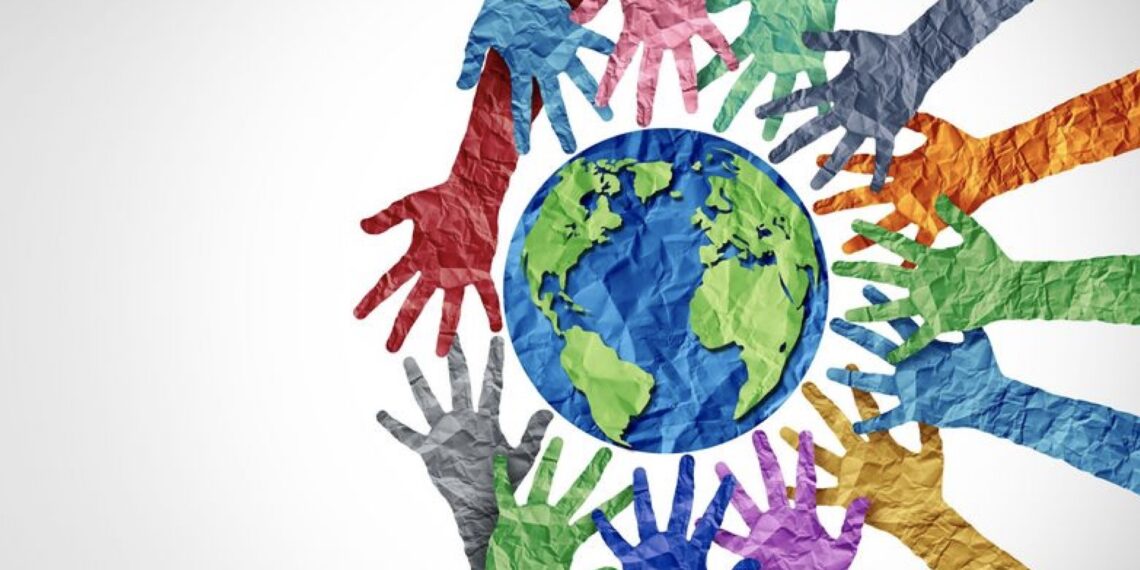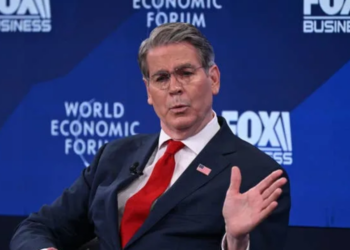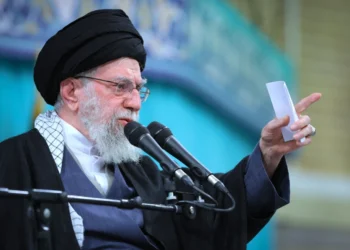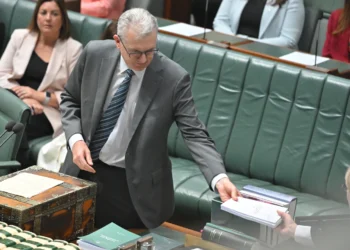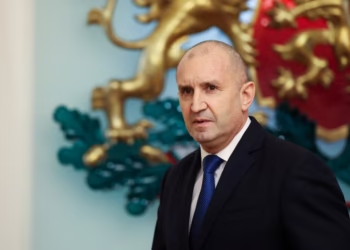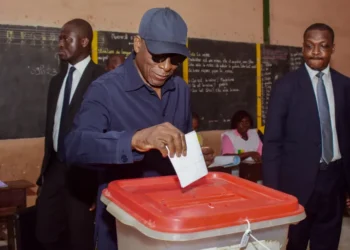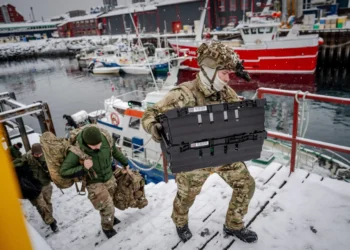TEHRAN (Realist English). The joint US-Israeli airstrikes on Iran’s nuclear infrastructure have revealed not only Tehran’s strategic vulnerability but also the geopolitical incoherence of the so-called Global South. Despite years of rhetoric about multipolarity and global equality, the self-proclaimed alternative bloc has failed to respond with either unity or substance.
Neither China, Russia, India, Brazil, nor South Africa moved beyond cautious diplomatic language. Calls for “restraint” remained the sole reaction to what many observers view as a unilateral act of war. There were no coordinated declarations condemning the breach of international law, no hints of economic countermeasures, and no meaningful efforts within the UN framework. Not even symbolic mechanisms of collective response were activated.
As a result, Iran found itself largely isolated. Despite years of cultivating the so-called “Axis of Resistance,” there was no coordinated military reaction from Syria, Lebanon, or even key Shiite factions in Iraq or Yemen. Tehran limited its response to assertions of a “right to self-defense” and vague warnings of consequences — with no timetable or clear form.
The strikes underscored a painful reality: durable alliances are not forged through BRICS summits or anti-Western declarations, but through synchronized military action and shared political risk. The US and Israel operated as a tightly aligned force. The Global South responded as a fragmented collection of states, each guarding its national interest and avoiding entanglement in a larger war.
The concept of the “Global Majority,” a term increasingly used in recent years, envisions a counterbalance to the Western-led world order — both in values and governance structures. Yet the Iran crisis has exposed a fundamental weakness: when one of their own is under direct attack, most members opt for neutrality.
The notion of the Global South may be reaching its limits as a geopolitical category. It lacks a common agenda, coordinating institutions, and the willingness to act in times of crisis. This suggests that global order is still shaped by a narrow group of actors with military initiative and political will. A moment of reckoning is coming — where many nations must decide whether to become part of a new coalition of power or fade into strategic irrelevance.


